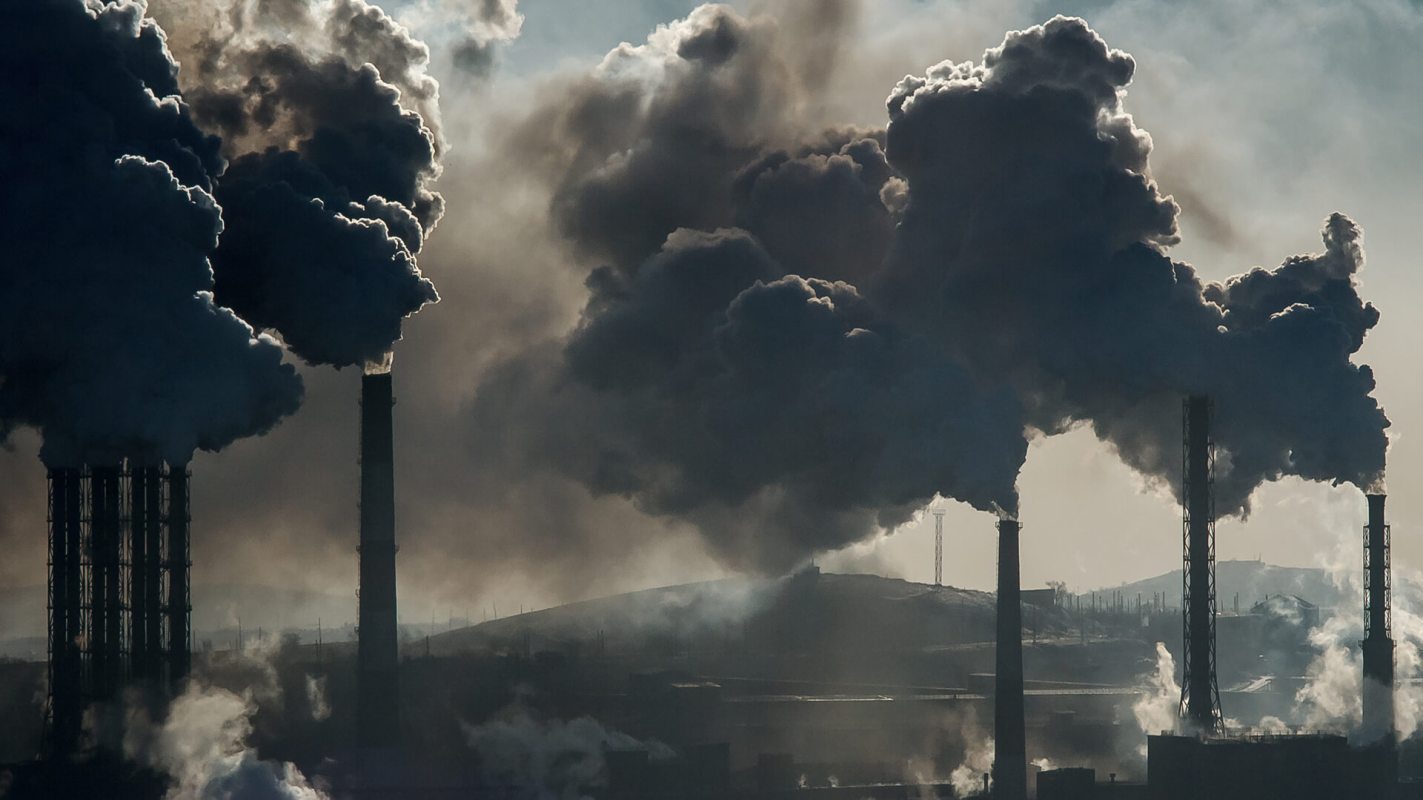We all know that money is very influential. How we spend and invest money can support businesses and allow them to thrive –– and how we withhold money can disrupt industries. These are the intentions of the Presbyterian Church of the United States of America, or PC(USA), which recently announced it had voted to stop investing in several dirty energy companies –– corporations that have greatly contributed to global overheating.
Since the 1980s, the Presbyterian Church has called for a move away from dirty energy, attempting to use its investments to influence coal, gas, and oil companies to reduce the toxic air pollution they produce.
But the lack of change since then has emphasized that more pressure needs to be applied to these companies to clean up the messes they have made in our communities.
PC(USA) has decided to pull its investments from five specific companies: Chevron, ExxonMobil, Marathon Petroleum, Phillips 66, and Valero Energy.
The Church stated that it's cutting its financial ties to these companies because of their failure to address the overheating of our planet.
PC(USA) joins over 30 other faith institutions across seven countries that have announced their dirty energy divestment plans in 2022 alone.
The Church hopes this divestment plan will signal that meaningful change is needed to dirty energy companies and individuals.
Dirty energy and our overheating planet
Dirty energies, like coal and oil, release harmful and often toxic pollutants into the air.
These pollutants linger in the atmosphere, creating a figurative heating blanket that smothers the planet with sweltering heat. This heating blanket effect intensifies extreme weather events, endangering our health, families, and communities.
Allowing dirty energy companies to continue to pollute the air will only cause the heating blanket to hurt us even more.
Divesting from dirty energy
Divesting is the opposite of investing –– it is the selling of an investment, also known as a share, in a company or sector.
While selling may only temporarily lower the value of shares, what really makes divestment effective is how it stigmatizes a company or sector.
In the long run, divesting can make people not want to work for the company or in the sector and increases the cost of labor, reducing profits.
Dirty energy divestment attempts are made to slow the rise of temperatures across the globe by cutting off financial support for companies that produce harmful air pollutants and encourage more people to think about how their spending habits can change the world around us.
Green the Church
Green the Church is an initiative with goals to connect congregations to a greener future.
The Rev. Dr. Ambrose Carroll founded Green the Church on the concept of connecting nature and faith.
This initiative aims to encourage people to grow food themselves, use cleaner (and cheaper) energy sources, and conserve energy to cool our planet and support our communities.
One of Green the Church's primary strategies is installing solar panels on church buildings to power them with cleaner sources of electricity.
As an incredible silver lining, using solar energy actually cuts the cost of electricity in half for most church buildings, allowing these congregations to allocate more funds for programs that serve and benefit their communities.
Green the Church is just one example of what many faith institutions worldwide are doing to help others and prevent further overheating of the earth.
Rob Fohr, director of faith-based investing and corporate engagement for PC(USA), told Religion News Service, "through robust and transparent processes, differing sides can come together to effect meaningful change."
People of different backgrounds and beliefs form congregations. This action by the Presbyterian Church intends to unify people through faith to help our planet and provide a better future for us all.
Follow The Cool Down on Instagram and TikTok.








